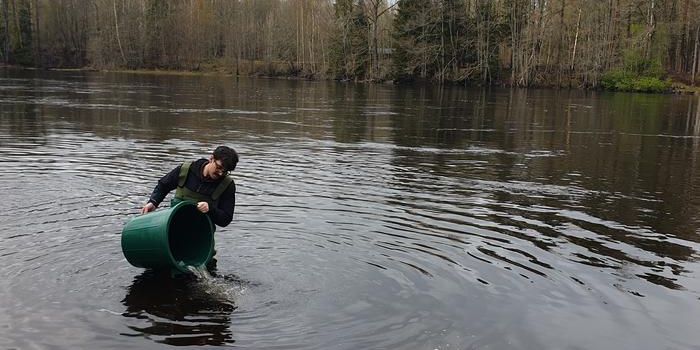Innovative Web Platform to Enhance Marine Restoration Efforts
How can researchers help bolster the resilience of marine ecosystems because of climate change? This is what a recent study published in Communications Biology hopes to address as an international team of scientists developed Reef Adapt, which is an online tool designed to help environmental scientists determine the most suitable steps in enhancing marine ecosystem sustainability worldwide.
Reef Adapt builds upon current online tools for producing more resilient marine ecosystems by incorporating genetic data regarding a myriad of marine life, specifically coral and kelp, to ascertain regions around the world that require more attention for sustainability purposes. The tool also provides users with predictions of future climate that could impact specific marine ecosystems, with users being able to upload their own data to enhance the tool and its ability to identify marine ecosystems of interest.
“Our world is changing now more rapidly than ever before. Ideally, every restoration project would incorporate climate adaptation into their design, but the data needed for this are typically difficult to access. Reef Adapt puts this information directly into the hands of both managers and practitioners,” said Dr. Georgina Wood, who is an Early Career Australian Research Council Fellow at Flinders University and Adjunct Research Fellow at the University of Western Australia and lead author of the study.
Image of Dr. Georgina Wood with a crayweed restoration site in Sydney, NSW. (Credit: John Turnbull)
Marine ecosystems are essential to life on the Earth, as approximately 50 to 80 percent of all life across the planet lives under the ocean surface. Therefore, developing tools and resources to help restore and enhance the resilience of marine ecosystems that have been impacted by climate change is essential for protecting life on the Earth.
How will Reef Adapt help improve the resilience of marine ecosystems in the coming years and decades? Only time will tell, and this is why we science!
As always, keep doing science & keep looking up!
Sources: Communications Biology, Reef Adapt, EurekAlert!, MarineBio Conservation Society









